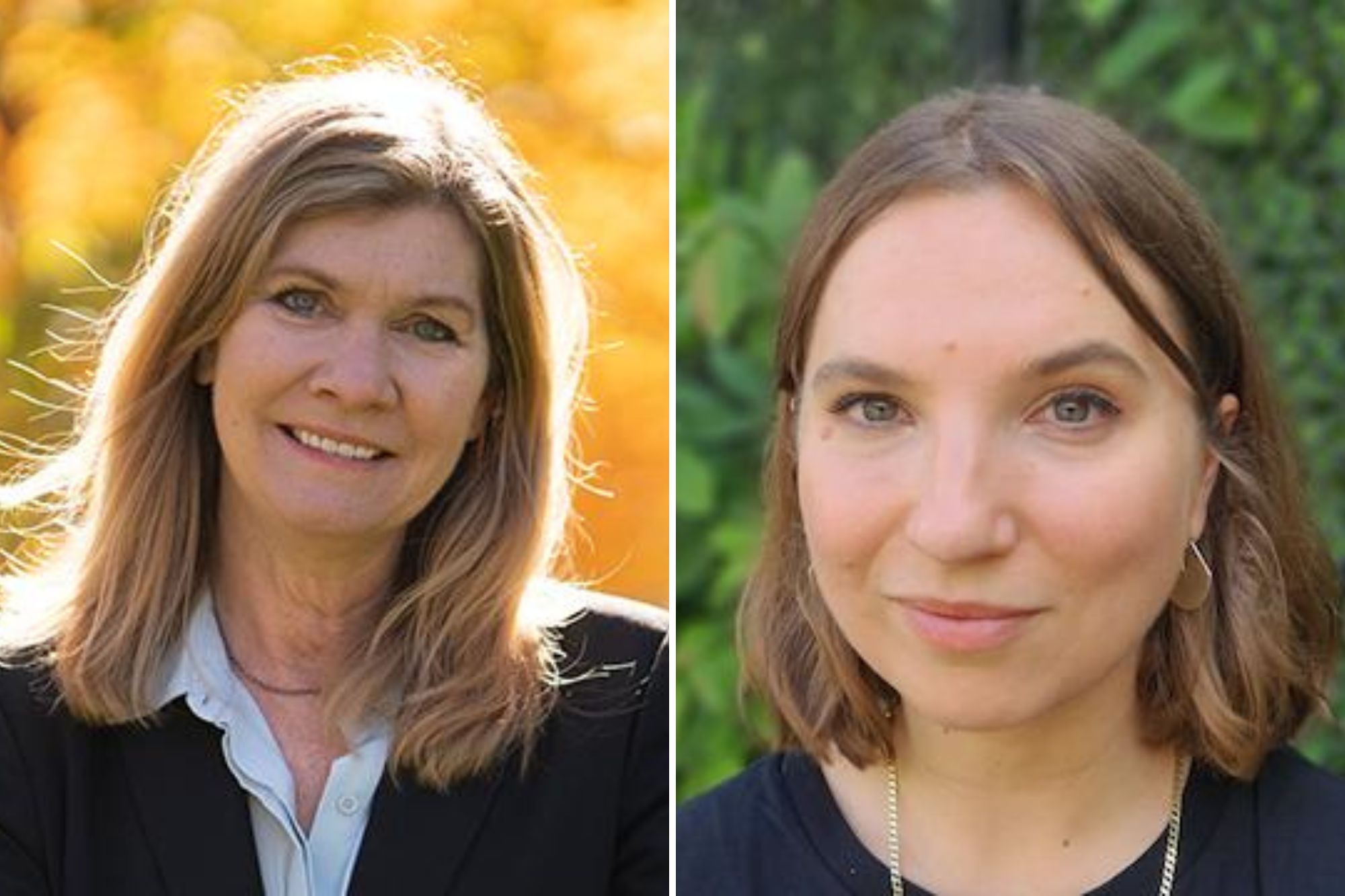While watching the Johnny Depp/Amber Heard defamation trial in 2022, feminist scholars Sarah Banet-Weiser and Kathryn Claire Higgins were struck by the public’s demand for Amber Heard to be the “perfect victim.” She had to have the “right” tone of voice, the “right” emotions.
In their new book, Believability: Sexual Violence, Media, and the Politics of Doubt, Banet-Weiser and Higgins explore how the idea of a “perfect victim” is expressed in contemporary media post-#MeToo and how this narrative intersects with conceptions of race, class, and gender.
The book emerged from conversations between Banet-Weiser and Higgins about what happens “when women are believed about sexual violence in numbers that we haven’t seen before, and yet there’s a narrative circulating at the same time that says, ‘You can’t believe anyone; everything is a lie,’” says Banet-Weiser, dean of the Annenberg School for Communication.
In this cultural moment, believability is a commodity that sexual assault victims are expected to acquire through money, status, performance, or a litany of other means, Banet-Weiser and Higgins explain. Media is obsessed with showing who is worthy of being believed and who is not and victims are supposed to use this as instruction.
“Women have to work to be believed,” Banet-Weiser says, “and women with marginalized identities have to work harder. Historically, women are seen to be inherently untrustworthy and men are seen to be inherently truth tellers.”
In the book, Banet-Weiser and Higgins present an “economy of believability” based on the work that survivors of sexual violence do to “become believable,” and the media that shapes this work.
“In the current moment, there’s the idea that if we can just find better ways to prove sexual assault, then that will address the issue of believability, says Higgins. “But the problem has never been that sexual assault is too hard to prove, it’s that people care too little about it. They’re not invested in whether or not this is a true experience, either for individuals, or for women and other marginalized people in general.”
This story is by Hailey Reissman. Read more at the Annenberg School for Communication.








